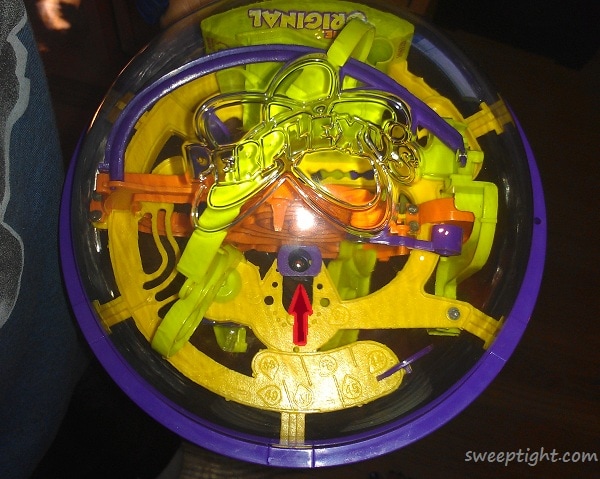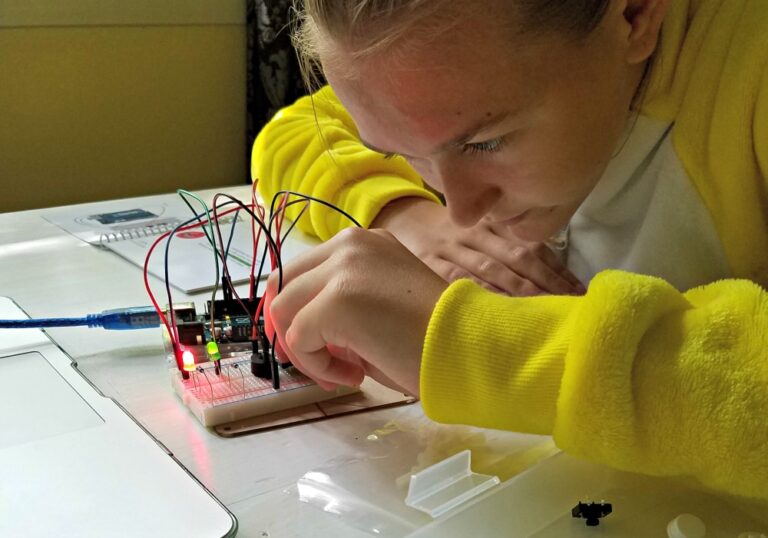Children and Finances
My children are getting to an age where I can really see their spending personalities. My daughter, 8, is a planner and already seems to have herself on a budget. She is already thinking about college! When tempted with goodies for sale she very easily walks away and doesn’t seem to think twice.
My son, 11, on the other hand, is super impulsive and totally reckless with money. He spends it on the first things he sees and thinks he wants or just loses it altogether. I honestly wonder where he came from sometimes! I am shocked by his spending habits because I’ve always taught him about value and how hard you have to work for your money.
I let him spend a good portion of his saved dough, but it wasn’t long before he came to me, upset that he had already spent it all and needed more. My “fat chance” response didn’t go over well.
I tried to explain some of the strategies parents often use to teach kids about managing money, like opening a savings account to highlight the importance of saving for future goals. I also mentioned that as he grows older, exploring ways to make money from home could help him develop financial independence and a better understanding of how to manage his earnings. For now, though, the focus is on building good saving habits, but despite these efforts, he experienced buyer’s remorse on a few items and still didn’t seem to fully grasp the lesson.

Teach Children about Money
I really believed that my children would learn from my example. Seeing me clip coupons, research my purchases in advance and save up for long term purchases should have prepared them for how to use their own money. Well, my daughter seems to have absorbed something, but my son needs to deposit a reality check in the savings account of his brain.
Setting up a UGMA account can be a good step to help children learn about saving and investing. Check out this guide to UGMA accounts for more information on how they work.
While exploring various financial resources, I ran across several helpful articles and actually learned a lot for myself. While I have been embracing teachable moments all along, I haven’t been letting my kids set their own goals. I can’t seem to help but put in my two cents. From now on, I will bite my tongue and let them have control over their financial plans. They’re still just children, so don’t worry, I won’t let them buy anything too outlandish!
Here’s the plan:
- Continue with small daily lessons like having them help make a budget and list for a trip to the grocery store
- Pick and follow a guide
- Talk about giving
- Let them earn an allowance
- Let them set their goals
I think letting them have more control over their money will make them very excited and hopefully eager to learn how to make it last longer!
You might find other resources helpful too, like this article on teaching kids about money from the Consumer Financial Protection Bureau, or this one on budgeting for kids from Forbes. There are so many tools out there to help guide us and our children on this journey.






My daughter is a impulse buyer but I am trying to teach her different.
That’s a great plan on what to teach children about money! One thing I always stressed to my daughters was to save up their money for something really good instead of just spending because you just received money.
i think it is so important to teach children about money while they are young, i too have a saver and a spender, too funny, just have to set good examples that the best i can do
It’s very important for children to learn the value of money. It’ll stay with them for life. I remember once when my youngest, who was very little at the time, responded when I told her I didn’t have money to do something – “Just go to the bank and get some money, Mommy,” We had a lesson on money after that.
We’re thinking about how to go about this. Our kiddos are 5 and 2 so still a bit young and neither get an allowance and we don’t plan on it so not sure what we’ll do BUT we agree that teaching them early is important. Will probably do a piggy bank type thing for a savings. but both boys have a savings account that we started for them last year….so ehh still not sure how we’ll approach it 🙂
It’s important to teach children about money. I learned that when I started getting an allowance; we went to the bank and opened a savings account for me, then each week I got to keep $2 of the $5 I received from my allowance, then the other $3 was put into my savings. I also learned I had to either earn things I wanted by saving up my money.
Your kids sound just like me and my younger brother! I’ve always kept myself on a budget and he’s always been an impulsive buyer.
It is SO important for kids to learn about money. I didn’t know about the GenWorth site, but I will check out the resources there. Thanks for sharing!
One of the most valuable lessons a child can learn is how to view and manage money. This is a must read for parents.
It amazing how different each child can be. I had a saver and a spender also, but they both do well now.
I have a 2 sons and they are as different as night and day! Thanks for the review 🙂
Teaching children about money at a young age is the best thing a parent can do. By paying them small amount to do things and then having them save their money to buy their own things; in the end they learn to appreciate both items more.
Thank you for sharing an important article
thank you for sharing – kids need to learn as early as possible about handling money.
Thanks for the info.
I am afraid I have not been diligent in teaching my kids about money. My son is extremely impulsive and buys and buys and then finds himself broke. This post has given me tools to talk to them.
I think it is a great idea to start teaching them early about money-earning saving etc…..when they were young and would want me to buy this & that…I remember telling my son one time I didn’t have the money…he said..write a check!!!!! he learned really quickly about you might have checks but no $$$$
Thanks for the helpful tips and advice!